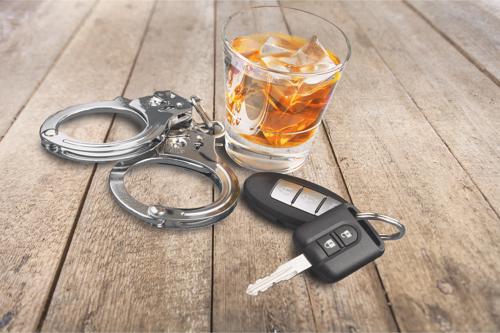Everyone knows it is illegal to operate a vehicle while under the influence of drugs or alcohol. But this raises an important question: what counts as a “vehicle” under Indiana DUI law? An automobile would obviously meet this definition.
But there are other means of transportation that cannot legally be operated under the influence. The Indianapolis DUI firm of Rathburn Law Office P.C. takes a look and explains how this definition may impact your case.
Contact us today if you are facing DUI charges.
Why the Definition Matters
Whether something is a “vehicle” under the state’s DUI laws is more than an academic matter. To win a conviction, the prosecution must prove all elements of the statute under which the defendant is charged. Your Indianapolis DUI defense attorney will attack every possible element of the state’s case to defeat it.
One of those elements includes the vehicle. After all, driving under the influence requires driving, which requires a vehicle. If the state cannot prove you were operating a vehicle while intoxicated, it cannot win its case.
How Is the Word “Vehicle” Defined?
The meaning of the term “vehicle” is found in section 9-13-2-196 of the Indiana Code. The statute states the following.
(a) “Vehicle” means, except as otherwise provided in this section, a device in, upon, or by which a person or property is, or may be, transported or drawn upon a highway. The term does not include the following:
- A device moved by human power.
- A device that runs only on rails or tracks.
- A wheelchair.
- An electric foot scooter.
(b) For purposes of IC 9-17 (Certificates of Title), the term includes the following:
- Off-road vehicles.
- Manufactured homes or mobile homes that are:
- Personal property not held for resale; and
- Not attached to real estate by a permanent foundation.
- Watercraft.
(c) For purposes of IC 9-22 (except IC 9-22-6) and IC 9-32, the term refers to a vehicle or watercraft of a type that must be registered under IC 9-18-2 (before its expiration) or IC 9-18.1, other than an off-road vehicle or a snowmobile under IC 9-18-2.5 (before its expiration) or IC 9-18.1-14.
(d) For purposes of IC 9-30-5 (the OVWI statute)…the term means a device for transportation by land or air. The term does not include an electric personal assistive mobility device.
There are a few important items to highlight in this statute. First, note that subsection (a) defines a vehicle “except as otherwise provided in this section.” Subsection (d) covers the term for purposes of the DUI (or OWI) statute. That subsection includes “a device for transportation by land or air.”
This is a fairly broad definition that can include much more than just an automobile. All of the following could meet this standard:
- Airplanes
- Helicopters
- Bicycles
- Motorcycles
- Mopeds
- Golf carts
- Electric scooters
- Skateboards.
That means if you operate one of these vehicles under the influence of drugs or alcohol, you might face DUI charges. An Indianapolis DUI lawyer can explain more about this statute and what it means.
There is an exception in the statute worth pointing out: an electric personal assistive mobility device. It is unlikely someone would use such a device while intoxicated anyway. But the use of this vehicle can be a defense if you are charged.
Don’t Fight Your DUI Charges Alone. Consult An Experienced Indiana DUI Lawyer
Regardless of the type of vehicle you were driving while charged with a DUI, you need seasoned legal defense. An attorney can review the charges and determine whether the state can prove its case. If not, you may have options like asking the charges to be dismissed.
Count on Rathburn Law Office P.C. for your Indiana DUI needs. Call today for a free case evaluation.









